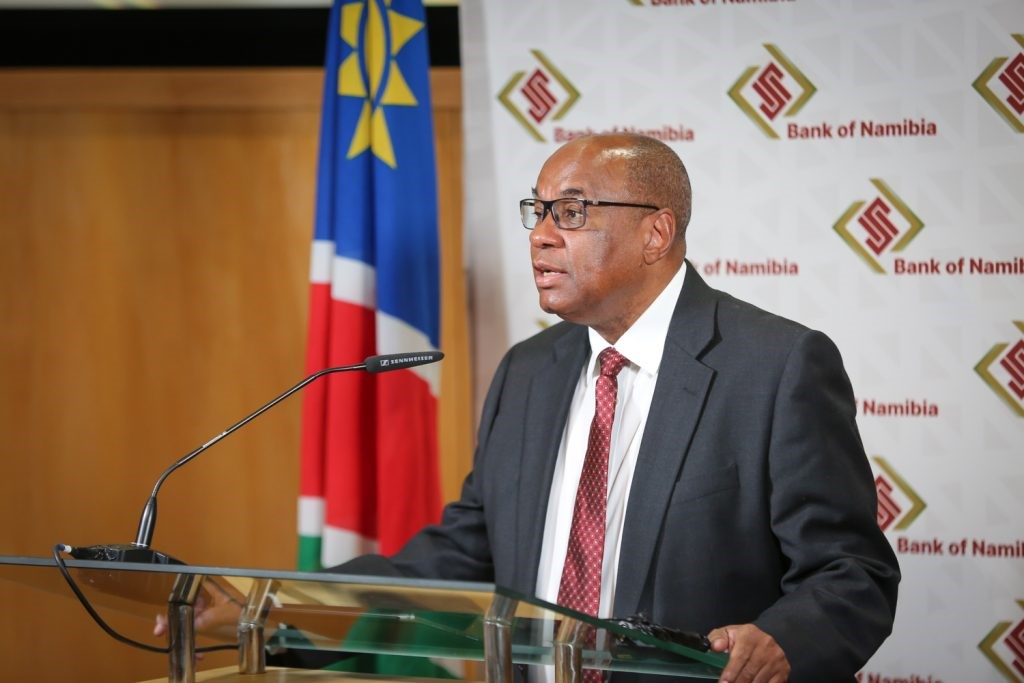As digital finance sweeps across the globe, Africa is not being left behind.
Currently, African countries are actively researching, piloting, or rolling out Central Bank Digital Currencies (CBDCs), a testament to the continent’s growing commitment to fintech innovation and financial inclusion.
CBDCs are government-issued digital versions of national currencies, secured, traceable, and issued directly by central banks. Unlike cryptocurrencies, they are legal tender and function alongside traditional cash.
As African central banks explore this next frontier, they aim to close financial inclusion gaps, streamline cross-border payments, and modernize monetary systems.
But rolling out a CBDC in Africa isn’t just about tech; it’s about navigating fragmented infrastructure, regulatory complexity, and diverse digital literacy levels.
Below is a rundown of ten African countries making major strides in digital currency exploration as of 2025.

The Bank of Namibia (BoN) is working with the IMF to explore a retail CBDC, with a focus on cross-border efficiencies and underserved populations.
In early 2025, the IMF completed a mission to assess the feasibility and recommended that Namibia benchmark its plans against alternative solutions. Namibia is now building internal capacity and a regulatory roadmap.
In a report released in February 2025, IMF said its mission team conducted technical assistance (TA) from January 15 to February 1, 2024. The mission assisted the authorities in establishing the groundwork for a feasibility study of a retail central bank digital currency (rCBDC) and drafting a roadmap for the BoN’s CBDC exploration.













